10 simple ways to reduce dizziness
Dizziness or vertigo: a sensation of spinning, can stop us doing everyday things for fear of falling. Try these tips to stop feeling dizzy

Dizziness or vertigo: a sensation of spinning, can stop us doing everyday things for fear of falling. Try these tips to stop feeling dizzy

More than 30 per cent of us aged over 65 complain of dizziness, imbalance and/or blackouts. And these symptoms are the most common reason for a trip to the doctor once we reach 65 years. They are also a major cause of falls.
So is there anything you can do to help yourself stop being dizzy or lightheaded?

If you suffer a bout of dizziness or light-headedness while standing, lie down (although not totally flat if the world is spinning) to encourage blood flow to the brain. After a few minutes, you should feel less dizzy. Sit up gradually and stay sitting for a couple more minutes before standing – slowly. Don’t drive, use hand tools or other machinery or climb a ladder when feeling dizzy.
Lying down can make one of the most common causes of dizziness – benign paroxysmal positional vertigo or BPPV – worse. A clue is it feels as if the world is spinning.
The incidence of postural hypotension – aka orthostatic hypotension - which is a fall in blood pressure when you stand or sit up suddenly up, increases as we get older. It can be linked with heart problems, type 2 diabetes, Parkinson’s and cognitive decline (problems with attention, memory and concentration), as well as being a risk for falls and a reduced quality of life. It may also be a result of taking multiple medications (see below).
What to do if you think you’re affected? Check your blood pressure and make an appointment to see your GP if it’s low. You can do this yourself if you have a BP monitor, ask your local pharmacist, GP or practice nurse. Low blood pressure is a reading of 90/60mmHg or less. On a practical note, take time to stand or sit up and hold on to something as you do.
Changes in body composition, reduced kidney function, blunted thirst, ailments, and being on multiple medications can all increase the risk of dehydration - a common cause of dizziness. Aim to drink around five eight-ounce glasses of water a day. Tap water is fine, but if you dislike the taste, keep a water filter jug in your fridge and top up your glass or bottle regularly. Add a sliver of orange, lemon, lime or ginger, or a sprig of mint or lemon grass, to liven things up.

Why bananas? To replenish blood glucose, low levels of which can cause dizziness. Low blood glucose – aka hypoglycaemia - is especially a risk for people with diabetes. Other good instant pick-ups include a slice of toast with a spread, fruit juice, a couple of biscuits, ice cream or a glass of milk and honey. If you have diabetes and regularly experience bouts of dizziness accompanied by sweating and confusion see the doctor or diabetes nurse – your medication may need adjusting.
A good night’s sleep can be harder to come by as we get older. And poor quality sleep can in turn be a factor in dizziness. Focus on making the conditions right for sleep – what experts call ‘sleep hygiene’ to help yourself to more restorative shut-eye. Steps include avoiding alcohol in the evening, taking time to wind down before bed time, making sure your bedroom is quiet, calm and not too hot or cold, and making it strictly off limits for your mobile, tablet or laptop.
Taking multiple prescription and/or over-the-counter drugs may cause dizziness as a side effect. Particular culprits include blood pressure medications, diuretics, strong painkillers, some antibiotics and even certain sleeping pills. Ask the doctor or pharmacist for a medication review.
Note: You should never just stop taking a prescribed medication.
If you haven’t had a blood count done recently, get your GP to carry one out. Iron-deficiency anaemia can be a factor in light headedness. Other clues include fatigue, weakness, headache, pallor or jaundice, palpitations, chest pain, shortage of breath and cold extremities. Find iron in foods such as red meat, liver, kidneys, lentils, kidney beans, dark, leafy greens, and dried fruit such as figs and apricots.
Poor breathing patterns e.g. fast shallow breathing can trigger or exacerbate dizziness. Mindfulness training and mindfulness-based CBT (cognitive behavioural therapy), which involves becoming aware of your breathing and learning to respond differently to anxious thoughts about dizziness could help as part of a comprehensive programme designed to reduce dizziness.
If simple steps don’t help ask your GP, health insurance provider or self-refer to a vestibular disorders clinic or a physiotherapist specialising in vestibular rehabilitation, which is the treatment and management of dizziness and balance problems. Vestibular Rehabilitation Therapy (VRT) uses specific head, body, and eye exercises designed to retrain the brain to recognize and process signals from the vestibular system and coordinate them with information from your eyes and other senses. To find a physiotherapist near you visit the Chartered Society of Physiotherapy.
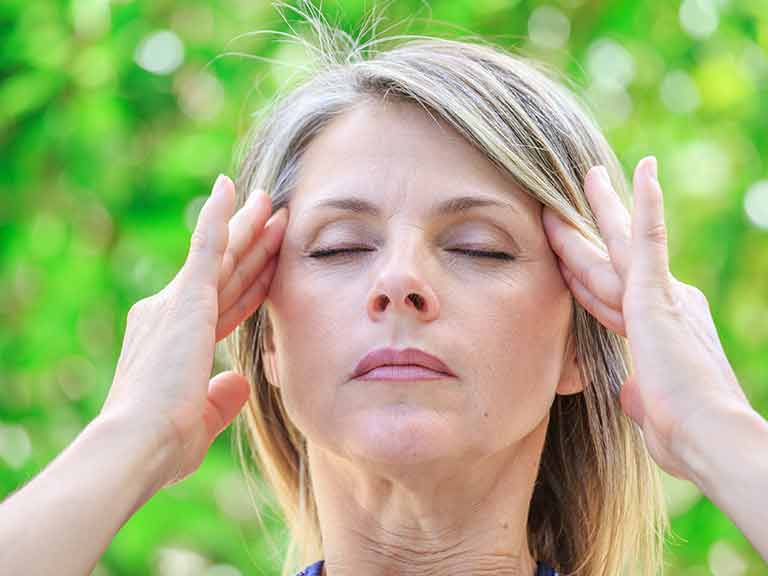
Although dizziness is not usually caused by anything serious seek medical assistance immediately if it is accompanied by:
These symptoms could indicate more serious problems - talk to your GP.

Are you retiring at the wrong age? The best age to retire for your body, brain, happiness and pocket.


Everything you need to know about the lung infection, and how you could be ill with “walking” pneumonia without realising it.
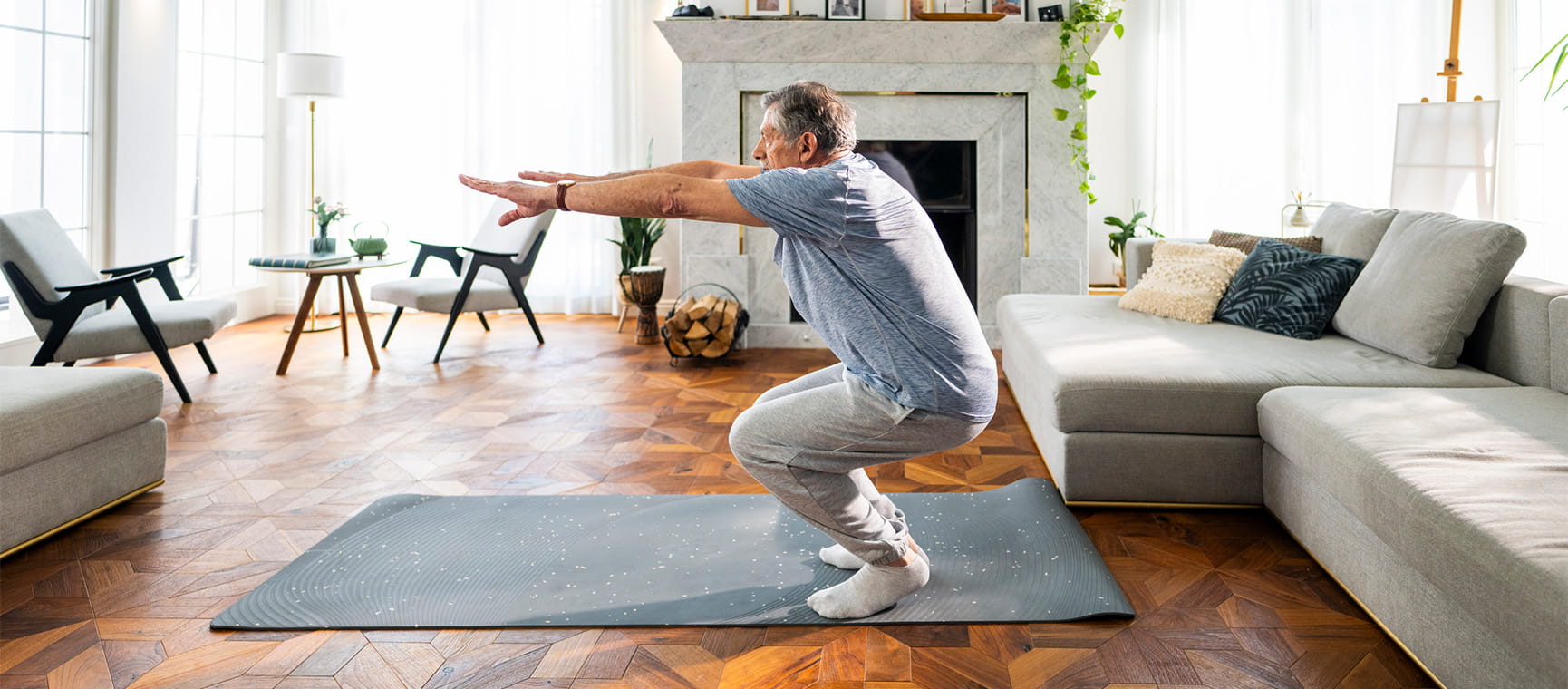
Strong calves for a strong mind: how they support our circulation and brain health, with easy moves to strengthen yours at home.


Our GP Dr Mark Porter explains what can cause itchy skin, which is a common problem as we get older.
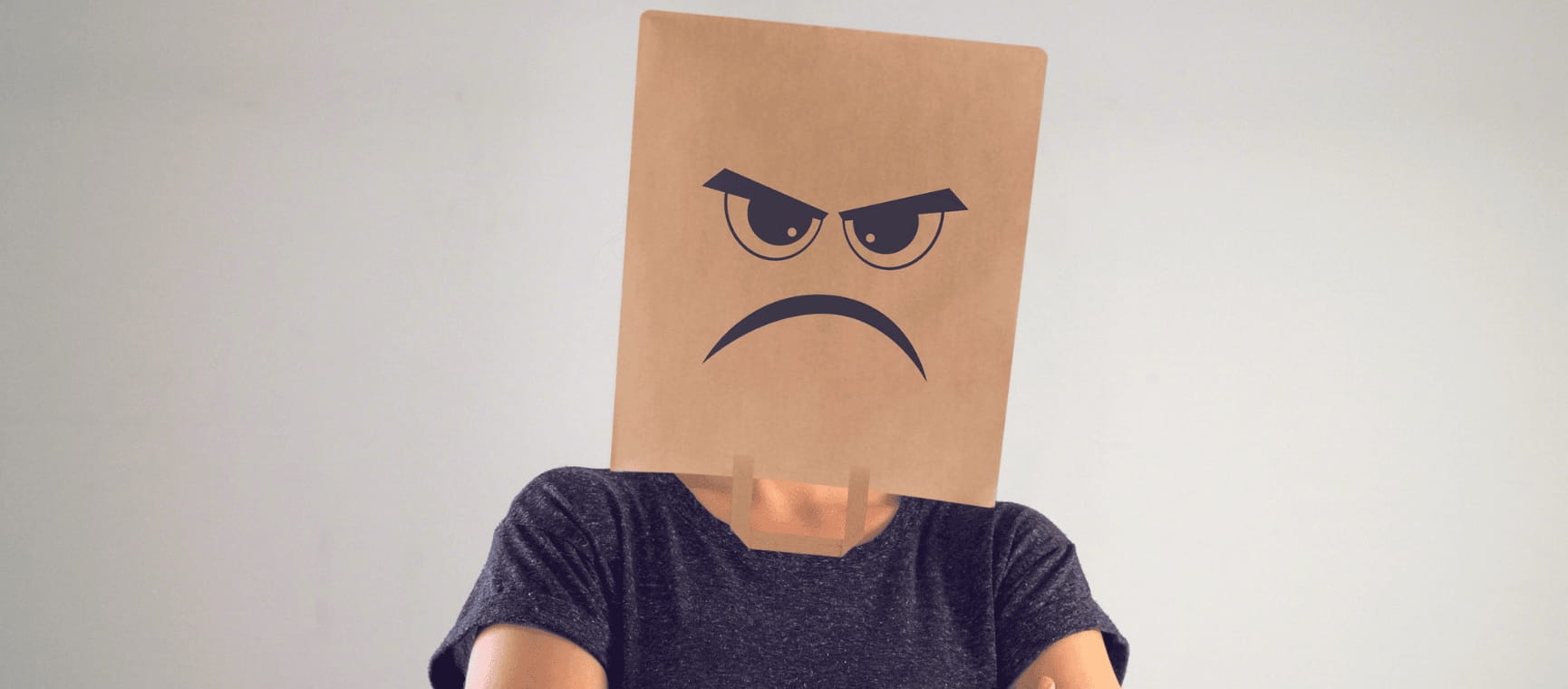
Worried you’ve morphed into Victor Meldrew? Find out how to battle that bad mood, and what to do if you’re stuck with a grouchy loved one.

The benefits of heat and cold therapy, and how Nordic bathing won over our nervous writer.

Here’s how to spot the symptoms of heat disease and reduce your danger.

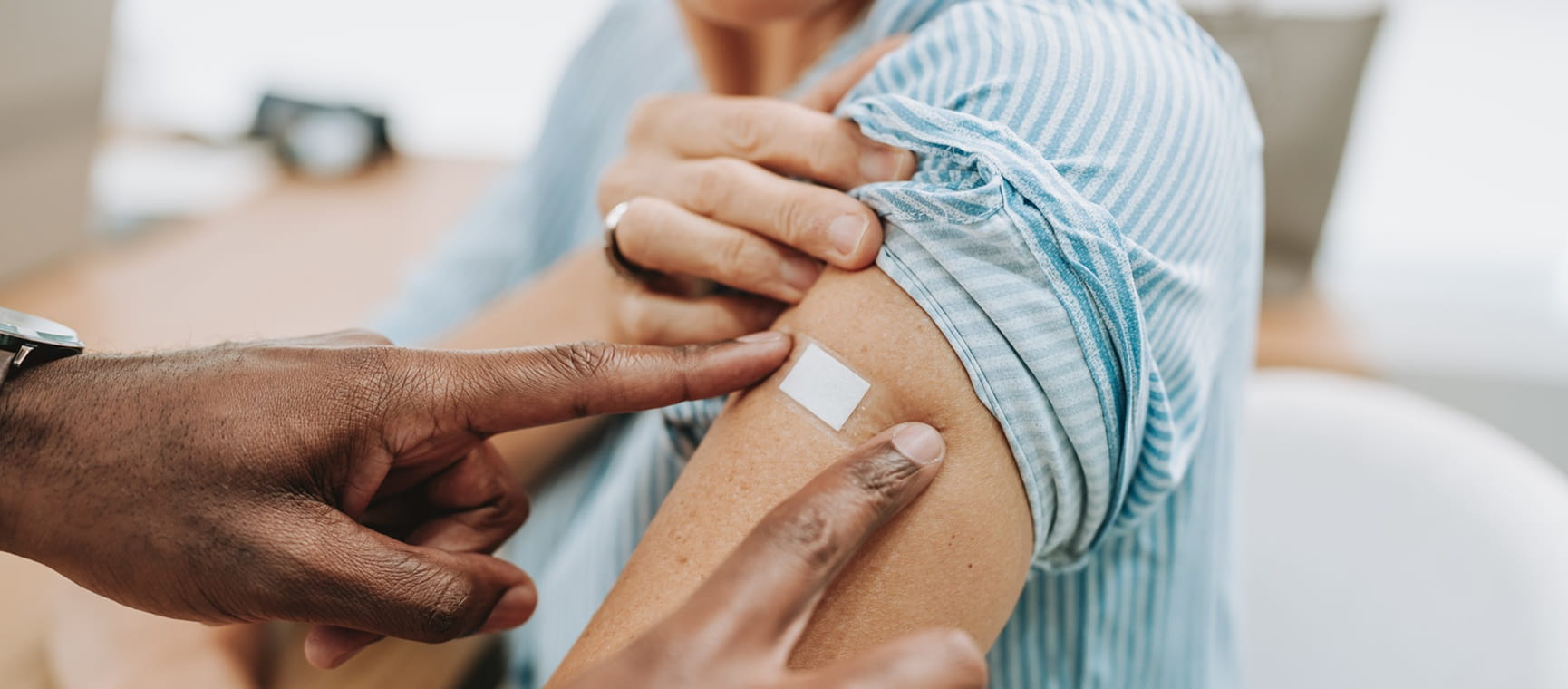
The NHS winter vaccination campaign kicks off next week. Here’s the lowdown on what you need to book.

Pilates for back pain – what to do if you are suffering, and five gentle exercises that could help.
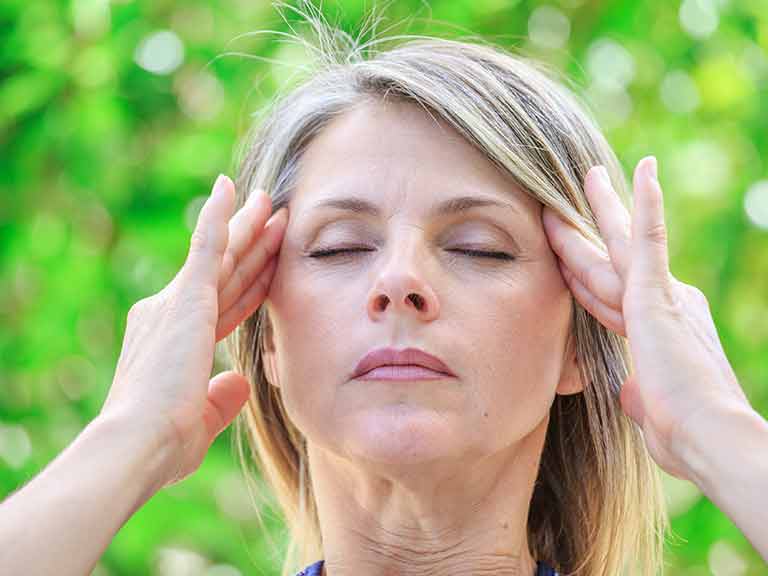
Dizziness or vertigo: a sensation of spinning, can stop us doing everyday things for fear of falling. Try these tips to stop feeling dizzy


You don’t have to put up with bladder leaks. We try out the latest pelvic floor gadgets for men and women.
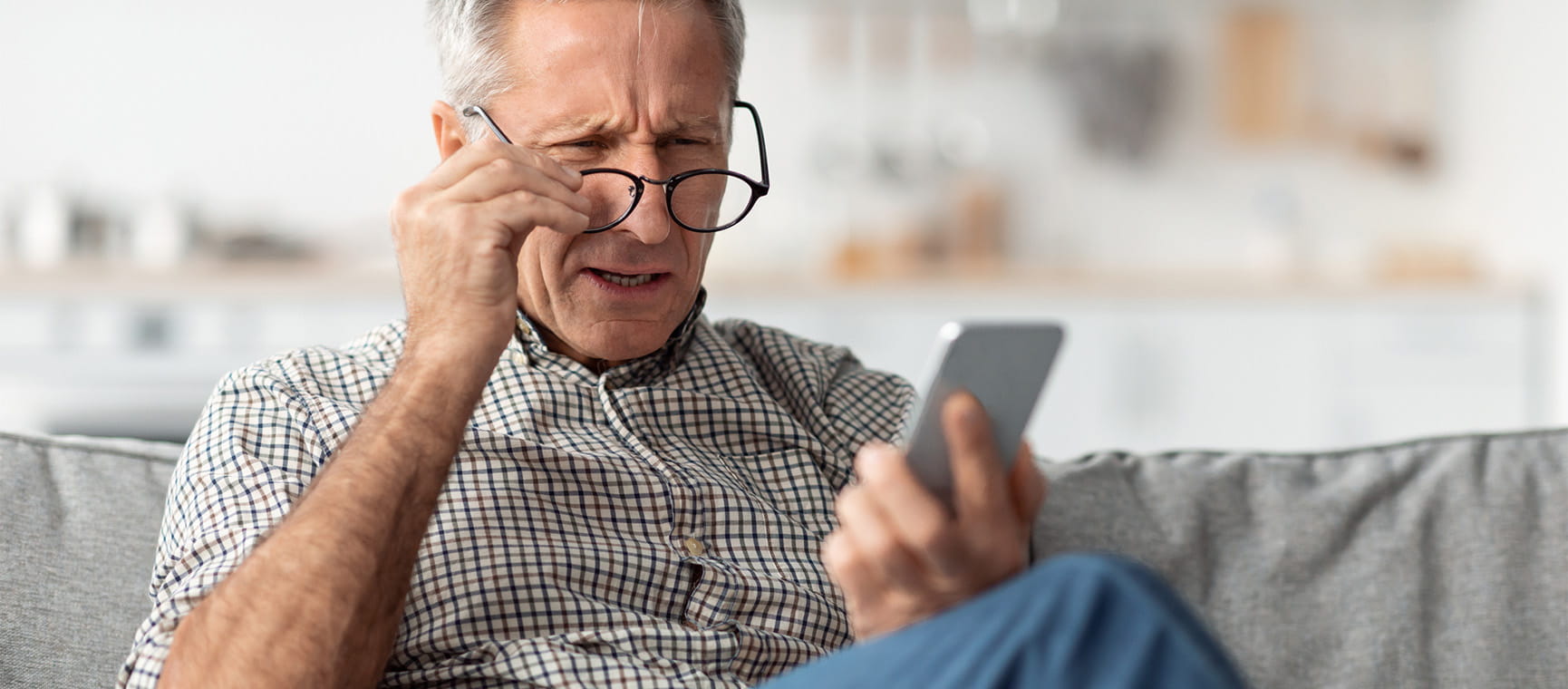
Cataracts are a normal part of ageing. Learn how to spot the signs – and when it’s time to consider surgery.